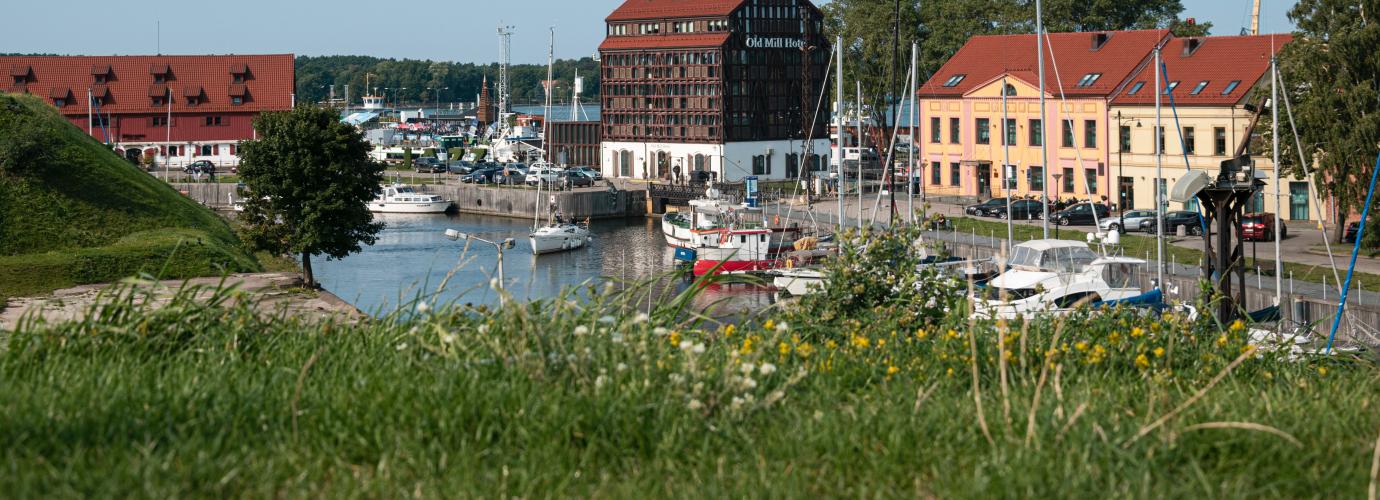European, global and intercultural dimension in curriculum development
In 2011 the Minister of Education and Science approved the Programme for the Development of Pre-School and Pre-Primary Education for 2011–2013. The Programme was prepared based on the Law Concerning the Ratification of the UN Convention on the Rights of the Child, the EU Communication,— Temporary Community framework for State aid measures to support access to finance in the current financial and economic crisis), the Convention on the Rights of Persons with Disabilities and its Optional Protocol, the Law of the Republic of Lithuania Concerning the Ratification of the Convention on the Rights of Persons with Disabilities and its Optional Protocol and other legal acts. In order to improve the conditions for provision of high quality pre-school and pre-primary education, the Programme for the Development of Pre-School and Pre-Primary Education for 2011–2013 plans to undertake a study to evaluate how well the pre-school, pre-primary and primary curricula are tuned up, produce methodological recommendations for drawing up pre-school education curricula and to update the General Curriculum Framework for Pre-Primary Education.
In 2008, the Minister of Education and Science approved the revised General Curriculum Framework for Primary and Basic Education. The General Curriculum Framework defines the content of education at the state level. Guided by the Framework, schools and teachers develop school- and classroom- level curricula adapting them to the needs of individual classrooms and pupils so as to enable their pupils to achieve the best possible outcomes according to their abilities. The process of developing and implementing the General Curriculum Framework is based on the approach to orient the curriculum at the development of general and subject-specific key competences, with particular emphasis on ‘learning to learn’.
In 2011, the Minister of Education and Science approved the revised General Curriculum Framework for Secondary Education. In the new phase of secondary education development, more effort is made to orient the curriculum at the development of general and subject-specific key competences.
In the course of implementing the updated general curricula for the teaching of foreign languages and in line with the project 'Provision of options for choosing a learning pathway for students aged 14-19’, pupils are offered to select a foreign language course that best meets the level of their language proficiency. In order to facilitate teachers of foreign languages to identify the level of their pupils’ linguistic competence, diagnostic tests of foreign languages (English, French, Russian and German) were designed. The tests were based on the Common European Framework of Reference for Languages oriented at the Common Reference Levels proposed by the European Council, viz., A2 and B1. The purpose of the tests is to identify the level of pupils’ achievements on completing the basic education curriculum.
With support from the European Union Structural Funds, a number of breakthrough projects are being carried out. They are aimed at helping primary and special education teachers and school librarians to apply information communication technologies (ICT). Digital education curricula are being created and possibilities to apply ICT in improving pupils’ motivation while developing their general competences and individualising the process of learning are being tested.
Lithuania also participates in international pupil assessment programmes, including OECD PISA, IEA PIRLS, IEA ICCS, IEA TIMSS and OECD TALIS. The results of each period of assessment are widely discussed at international forums and in publications for the public at large.
Partnerships and networks
Lithuanian schools were actively engaged in the eTwinning initiative of the European Commission‘s Education, Audiovisual & Culture Executive Agency eLearning programme. In Lithuania, the eTwinning programme is coordinated by the Centre of Educational Information Technologies.
‘Erasmus+’ programme is administrated by Education Exchanges Support Foundation under which the action ‘Strategic Partnership project’ school partnerships projects are funded. While collaborating with their colleagues from other countries in the course of School Partnerships projects, teachers and pupils have an opportunity to foster their intercultural awareness, improve foreign language learning, share experience and innovative teaching practices. In bilateral Partnership projects, teachers and pupils from two schools in two different countries choose a topical issue of common interest and join their efforts to produce a common partnership product. The topics may cover various fields, including art, science, languages, environmental protection, cultural heritage, European citizenship, fight against racism, etc.

